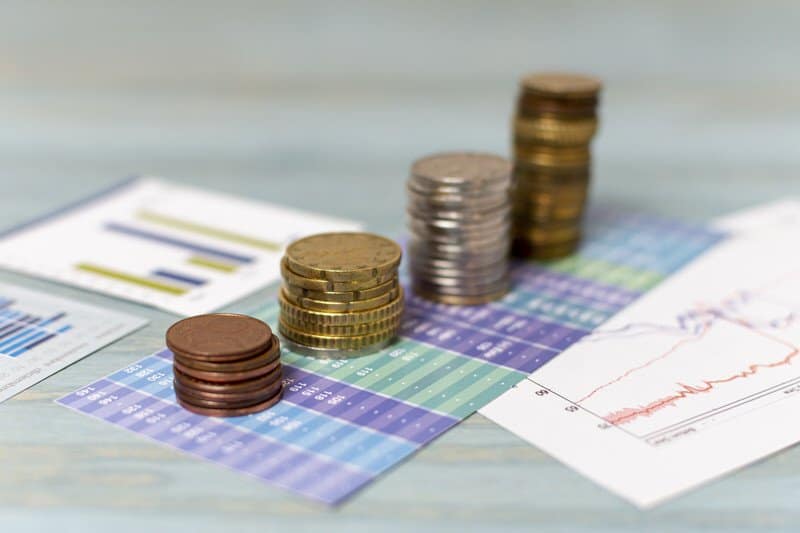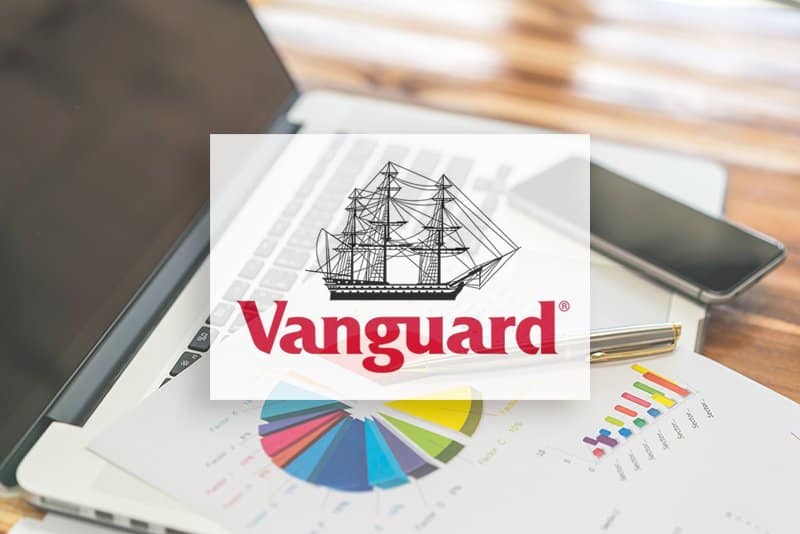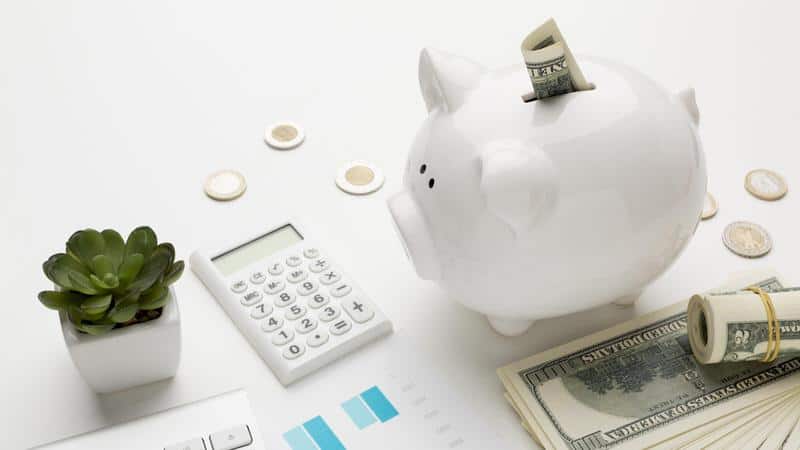Creating an emergency fund is the first step you take toward bettering your personal financial situation, along with saving. How can you combine these two and get the most out of your hard-earned money?
Keeping your emergency money in cash is outdated. You no longer have to keep cash on you in case you need to pay for something ASAP. With the power of the internet, you can access your cash wherever you are at whatever time of the day you need it.
With that excuse gone, there’s no other reason for keeping your emergency fund in cash.
I for once hate keeping cash on me or at home, especially significant sums. It makes me uncomfortable and anxious. So the first time I reached my emergency savings target, I wanted to transfer the money from my regular account to a savings account. I talked to my banker about what account will be the most beneficial. And to my surprise, there wasn’t one.
Even with the option of a certificate of deposit and locking my money for 5 years, my bank would merely give me a 0.20% interest rate. For every $500 I don’t touch in the next 5 years, I would get $1 interest yearly. So it was time to look for another place to put my emergency money.
Bank interest rates don’t cover inflation, so keeping your emergency fund in the bank will cause you to lose money over time. The best option is to put it in one of the several money market accounts Vanguard offers for the most generous perks and safety.
What Is An Emergency Fund

Emergencies can sweep you off your feet. Creating a safety net is essential in decreasing the stress that a car break, job loss, or sickness can cause.
An emergency fund in an amount of money enough to cover your living expenses for 3 to 6 months, a large medical bill, or car repairment. This is your shelter money, a guarantee that whatever happens, you can get out of it. You can’t expose your emergency fund to risk or lose money from it.
Once you have the money saved up, the question of what to do with it arises. You won’t use the money right away, but you need to keep it safe and liquid.
Your Emergency Fund Shouldn’t Be In Stocks
You’ve reached your target and are now tempted to put your money to work. Wait, your emergency fund is not free money to invest! That’s your cushion money, it’s not intended to earn you dividends.
You need a secure place that will pay you more interest than the yearly inflation, which was almost 2% in 2019. But risking and investing your emergency money in the stock market can bring you to a bad position.
You should never put your emergency money in something that can go down in value. If you need the money urgently, you’ll have to sell your shares at the moment. The price at that moment might be lower and could bring you loss.
Where Do People Keep Their Emergency Money

The advice of keeping your emergency in cash is outdated and dangerous. You don’t need $3,000 in cash every day, and you won’t be tremendously affected if you need to wait a day to take your emergency money out of your fund or bank.
Most people keep their emergency funds in a checking or savings account or certificates of deposit. Claiming they’re not trying to profit from that money, so it really doesn’t matter where they keep it.
Actually, it matters a lot. Let’s explore the most common choices and the ways they impact your emergency fund.
Checking Account
The average interest-bearing rates for checking bank accounts is 0.04% APY for brick-and-mortar banks and 0.31% APY for online-only banks.
If you keep $3,000 in a checking account, your balance after one year will be between $3,001.2 and $3,009.3%.
High-yield Account
Online banks usually offer high-yield savings accounts that can benefit you slightly better than checking accounts. The highest-rated high-yield savings account’s interest rates average between 0.70% and 0.60%.
For a $3,000 deposit, in a year you’ll have between $3,021 and $3,018. Some of the high-yield accounts have a minimum deposit limit, up to 180 days lock on your money and large monthly service fees.
Certificate Of Deposit
Certificates of deposit offer higher interest rates, but you’re obligated not to touch your money for a certain amount of time. The time frame ranges from 3 months to 5 years. The interest grows proportionally with the time frame.
But to benefit from 1.35% APY, you’ll have to lock your emergency fund for 5 years! You’ll pay penalties and lose the interest if you take out the money before maturity.
Money Market Accounts
Your emergency fund will earn you more interest in a money market account than it will in savings and checking accounts. It offers you the benefit of keeping your emergency money safe and accessible at all times.
Money markets often include a debit card and check writing option, but you get limited transactions, so you can’t go overboard. Vanguard money market funds are one of the best places to hold your emergency money.
Vanguard Market Funds

Vanguard money market funds are flexible, with higher interest rates than savings accounts, and the principal value is secure. You’re not tied with months or years; you can hold it as long as you want or sell it whenever. Expense ratios are low, and market funds are great for short or intermediate savings.
Let’s dive in the various market funds Vanguard has to offer.
Vanguard Prime Money Market Fund
This is one of the most popular funds. It requires a $3,000 minimum deposit at a 0.16% expense rate with a 1.61% current yield. Ideal if you’re looking for stability since the fund invests in short-term high-quality securities.
Vanguard Federal Money Market Fund
This money market fund invests in U.S. government securities, that are considered risk-free. It preserves the principal investment value making it ideal for conservative investors. The minimum investment is $3,000 at a 0.11% expense ratio and 1.51% current yield.
Vanguard Treasury Money Market Fund
This asset is a great place to hold your money if you’re looking for a short term large investment. Ideal if you have a large emergency fund and want that money to grow in a year.
The minimum is $50,000 at a 0.09% expense rate and 1.52% current yield. The fund invests only in U.S. Treasury securities, which makes it stable and risk-free.
Vanguard Municipal Money Market Fund
The municipal money market fund offers tax-exempt interest. It’s suitable for investors in the higher tax brackets since it offers decent tax-exempt returns. The fund invest in high quality, short term municipal securities.
The minimum investment amount is $3,000 and comes with 1.1% federally tax-exempt yield at 0.15% expense ratio.
State-specific Vanguard Market Funds
Vanguard offers federal and state tax-exempt market funds in California, New York, New Jersey and Pennsylvania. These funds invest in short term debt instruments in the specific state.
People living in these high-tax states can benefit form a tax exempt interest with the Vanguard market funds.
- Vanguard California Municipal Money Market fund has a $3,000 minimum investment, 0.16% expense ratio, and 0.95% current tax-exempt yield.
- Vanguard New York Municipal Market has the same minimum investment and ratio expense but comes with a 1.07% current yield.
- Vanguard New Jersey Municipal Market has a 0.98% current tax-exempt yield with the same minimum investment and expense ratio.
- Vanguard Pennsylvania Municipal Market has the same requirements and benefits as the New Jersey municipal market.
How Safe Are Vanguard Money Market Funds

The financial crisis and stock market drop can happen at any time. Having investments in shares can keep you on your toes, but market funds will never.
Market funds invest in high-quality securities, so the risk level is minimum. The only reason for concern in some people is that market funds are not insured or guaranteed by the Federal Deposit Insurance Corporation. The FDIC ensures bank deposits up to $250,000, so you have the option to look for market funds offered by banks.
Bottom Line

Where you decide to keep your emergency money, it’s up to your personal preference. If you think big emergencies are nowhere nearby, it’s great to keep the money safely invested and growing.
The preferred account must offer you access to your money at any time, with interest rates that can cover the yearly inflation and minimal risk.
Vanguard is one of the largest and renowned investment companies that’s worth considering. They’re known as the king of low-cost investing so you’d get secure and liquid investment at minimal fees.
Where do you keep your emergency fund money? Would you consider a market fund over a savings account?


